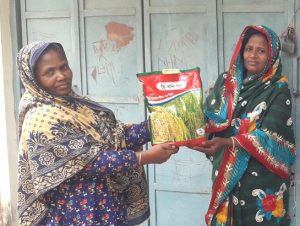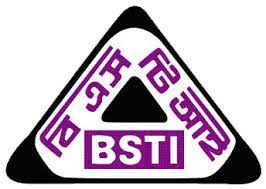A collection of articles by international experts compiled by the Food Ethics Council, UK, addresses key questions about how the research agenda is set in food and farming, unmasks and challenges the dominant research paradigm, and highlights inclusive alternatives to deliver public good. In doing so, the Council seeks to challenge accepted opinion and spark fruitful debate about the future food and farming research agenda.The publication pinpoints some undesirable aspects of research under the current industrial food system such as: failure to address fundamental ethical questions, undue corporate influence, a lack of transparency, and a neo-colonialist approach that imposes an inappropriate industrial paradigm of research.
The articles put forward a progressive research agenda which includes the following: serious investment in transformational food, farming, health and environmental research; a paradigm shift towards agroecology and other approaches that value people, the planet and animals; a genuinely inclusive and open approach, including farmer-and community-led research; and the proper application of the precautionary principle especially for new biotechnologies.
Key questions that those setting and conducting research should ask of every proposed piece of research are identified. These include:
• How could the research accelerate the shift to fair and sustainable food systems?
• What lies behind or under the declared top-line aims of research such as to ‘Feed the World’, ‘Tackle Climate Change’, and so on?
• Who is funding the research? Why is the research being funded? Who gets the immediate benefit?
• How can those likely to be affected by the research (e.g. farmers or citizens) be genuinely involved in shaping it?
• What are likely (intended and unintended) consequences of the research? What will it mean for (particularly small-scale) farmers, animals, environment, citizens, future generations…?
The Food Ethics Council stresses that it is not enough to ask these questions. Answers to the above questions need to be taken seriously. Questioning for whom food and farming research is carried out is a first step towards this transformation; the next step requires ethical actions.
Websites: http://www.twn.my/and http://www.biosafety-info.net/




